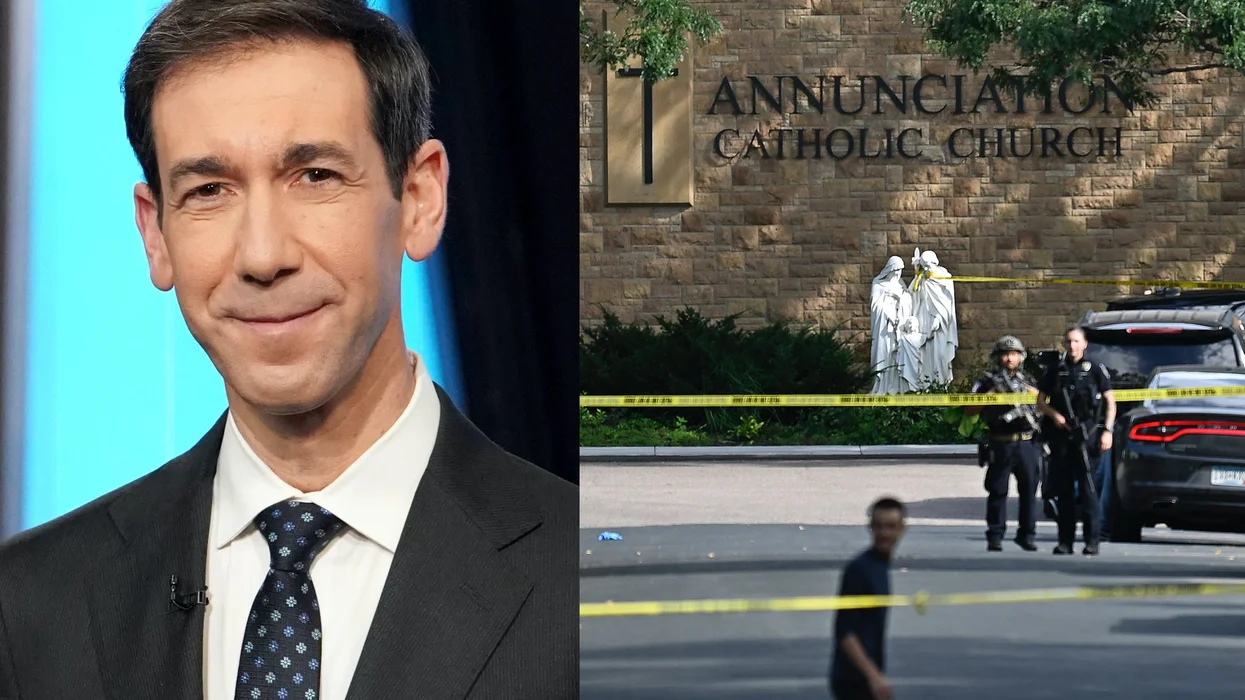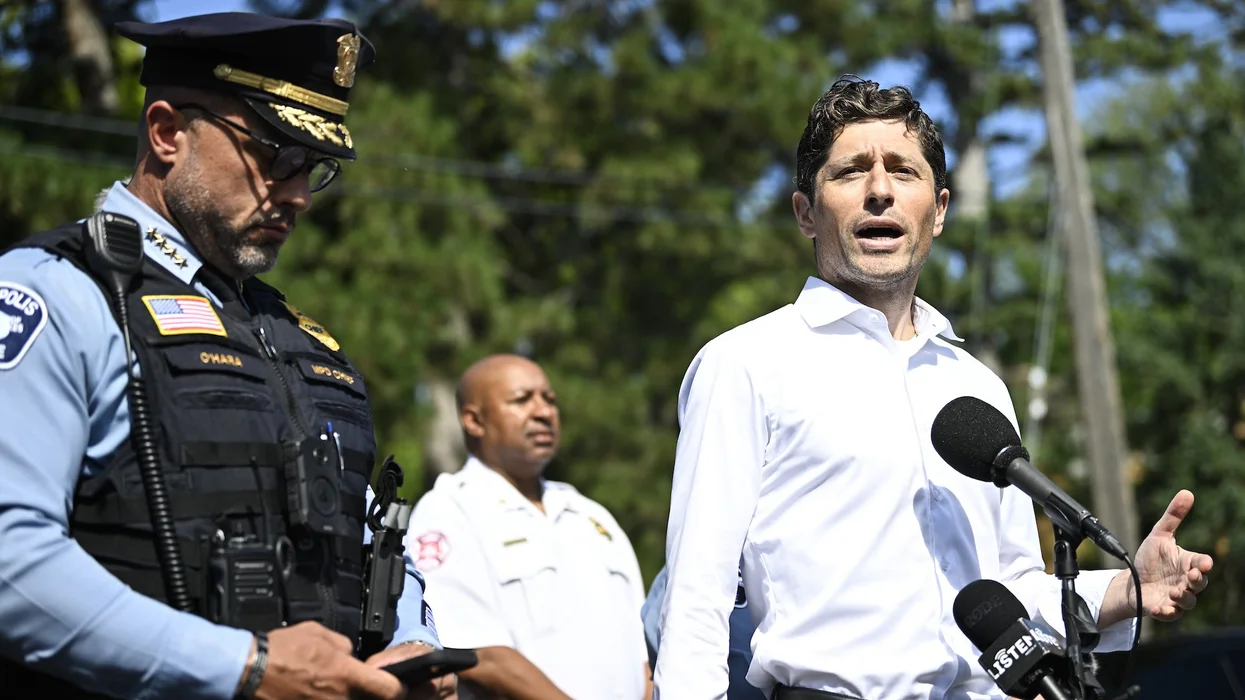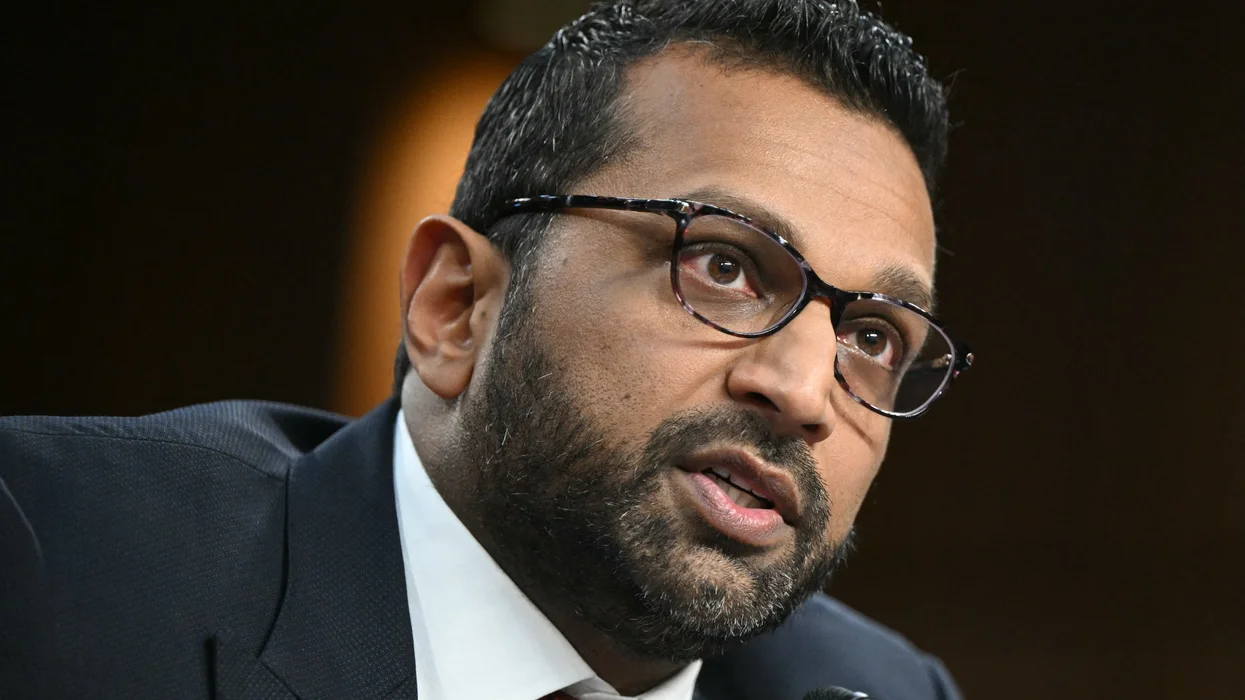White House press secretary Jay Carney first mocked then dismissed a question about new reports of U.S. and British data collection from smartphone apps, including the mega-popular “Angry Birds."
 White House press secretary Jay Carney holds up his iPhone and points it toward media in the briefing room of the White House in Washington, Monday, Jan. 27, 2014. (AP/Carolyn Kaster)
White House press secretary Jay Carney holds up his iPhone and points it toward media in the briefing room of the White House in Washington, Monday, Jan. 27, 2014. (AP/Carolyn Kaster)
It started when Talk Radio News Service reporter Victoria Jones asked: “Jay, the NSA is lurking in the background in your game of Angry Birds waiting to scoop up all your personal data to lull hapless creatures into the air. It seems like this is the last best game of American --”
Carney interrupted, “Think that's going to be on the radio, that question?” as some in the press room laughed.
The National Security Agency and Britain's Government Communication Headquarters are collecting data through smartphone apps such as Angry Birds, The New York Times reported Monday along with Pro Publica and the Guardian. Angry Birds is among the “leaky apps,” the Times reported.
The two agencies were working together on how to collect information from apps beginning in 2007, according to documents provided to the paper by former NSA contractor-turned-fugitive leaker Edward Snowden. The agencies have sought information for when potential targets use Google Maps, Facebook, Flickr, Linkedin, Twitter and other online services, the media outlets jointly reported. The effort was part of an initiative called “mobile surge.”
Jones pressed, “I mean there seems to be something particularly egregious about going after leaky apps.”
Carney said he couldn't speak about specifics of intelligence gathering.
“I think that you need to understand that of course I'm not in a position to discuss specifics of intelligence collection,” Carney said. “But to be clear, as the president said in his January 17 speech, to the extent data is collected by the NSA, through whatever means, we are not interested in the communications of people who are not valid intelligence targets. And we are not after the information of ordinary Americans, which presumably contradicts the premise of your question.
Jones followed, “Then why are they taking it?”
"Again, Victoria, I can't discuss specific means of data collection. But to the extent that the NSA collects information, it is focused on valid foreign intelligence targets and not the information of ordinary Americans," Carney said. He went on, "Terrorists, proliferators, other bad actors use the same communication tools that others use.”
That's when he leveled this charge: “I mean I'm not even sure what protection you're seeking there for a potential terrorist.”
“You're suggesting I'm seeking protection for terrorists?” Jones responded.
“No. What I'm saying is that the NSA in its collection is focused on the communication of people who are valid foreign intelligence targets,” Carney said, backing down. “They are not focused on the information of ordinary Americans. That's the answer to questions regarding the variety of revelations that have been made in the press.”

 White House press secretary Jay Carney holds up his iPhone and points it toward media in the briefing room of the White House in Washington, Monday, Jan. 27, 2014. (AP/Carolyn Kaster)
White House press secretary Jay Carney holds up his iPhone and points it toward media in the briefing room of the White House in Washington, Monday, Jan. 27, 2014. (AP/Carolyn Kaster)





